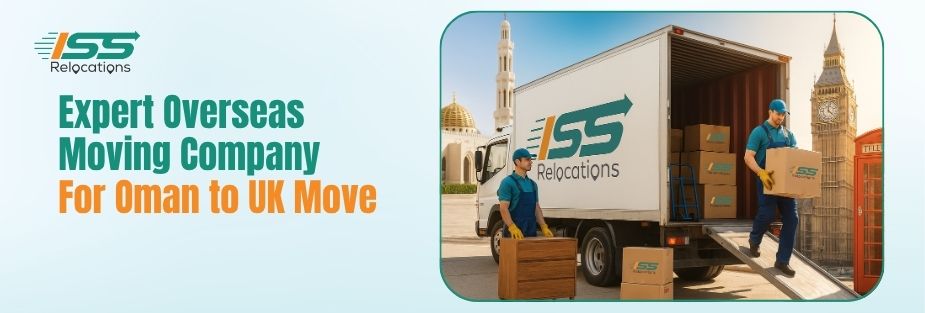
How Public Policy Drives Corporate Immigration Practices
Fragomen’s Austin Fragomen Jr. shares his decades-long experience in modern-day business immigration.
In a recent conversation with Austin Fragomen Jr., partner, and executive committee chairman at Fragomen, they discussed the developments in business immigration policy driving corporate relocation and migration.
His insight into future corporate immigration practices is based on his decades-long career at the forefront of modern-day business immigration law. The policies that have shaped our current migration landscape were detailedly analyzed by Fragomen.
A discussion of the emergence of business immigration as a unique field of immigration policy began the conversation. From his own experience as staff counsel for the House Judiciary Committee in 1968, Fragomen highlighted the impact of the landmark 1965 Immigration Act and the many contributions immigrants have made since then.
“Of course, on the contribution level, I think the facts speak for themselves with all the Nobel laureates, scientists, and accolades received by immigrants,” Fragomen explained. “So, I think we’re all aware of that.”
Fragomen then discussed the current challenges facing the U.S. immigration system, from extensive backlogs to strict restrictions on H-1B visas, explaining how partisan politics have largely stymied comprehensive immigration reform.
He stressed the importance of corporations and service providers within the talent mobility industry advocating for necessary policy changes on immigration policy, one of the most controversial issues in modern American politics.
“I think the voice of business is key, and we’ve lost a little bit through the corporate community not being unified enough and speaking with one voice,” said Fragomen. We could progress on the per-country limitations, which cause these massive backlogs for permanent residents from India and China.
“And I think that’s an issue that corporate America should make a big effort to get resolved,” he added. “I think, that’s an issue where there’s a consensus by both parties that this should happen.”
Fragomen anticipates that despite the challenges remote work poses to immigration systems based on employer sponsorships, methods such as remote work and nomad visas will remain.
“I think you’re going to see countries working together in partnerships … where companies and those countries will enter into contracts to educate and train persons for emigration to a new host country that might fund that education,” he added. “So, I think we’re going to see that kind of partnership, and we’re going to see overall migration numbers much higher.”
Using this expertise and experience, Fragomen advises clients on business immigration and corporate relocation policies. Fragomen’s insights will prove invaluable as the mobility industry advocates for commonsense immigration reforms.
Plan Stress-free Move with Top Moving Company in UAE - ISS Relocations

Moving Company - Recent Blog
Stay informed and prepared for your next move with our latest blogs on moving services in the UAE. From expert packing tips to international relocation guides, ISS Relocations brings you up-to-date insights to make your moving experience smoother, safer, and stress-free.










